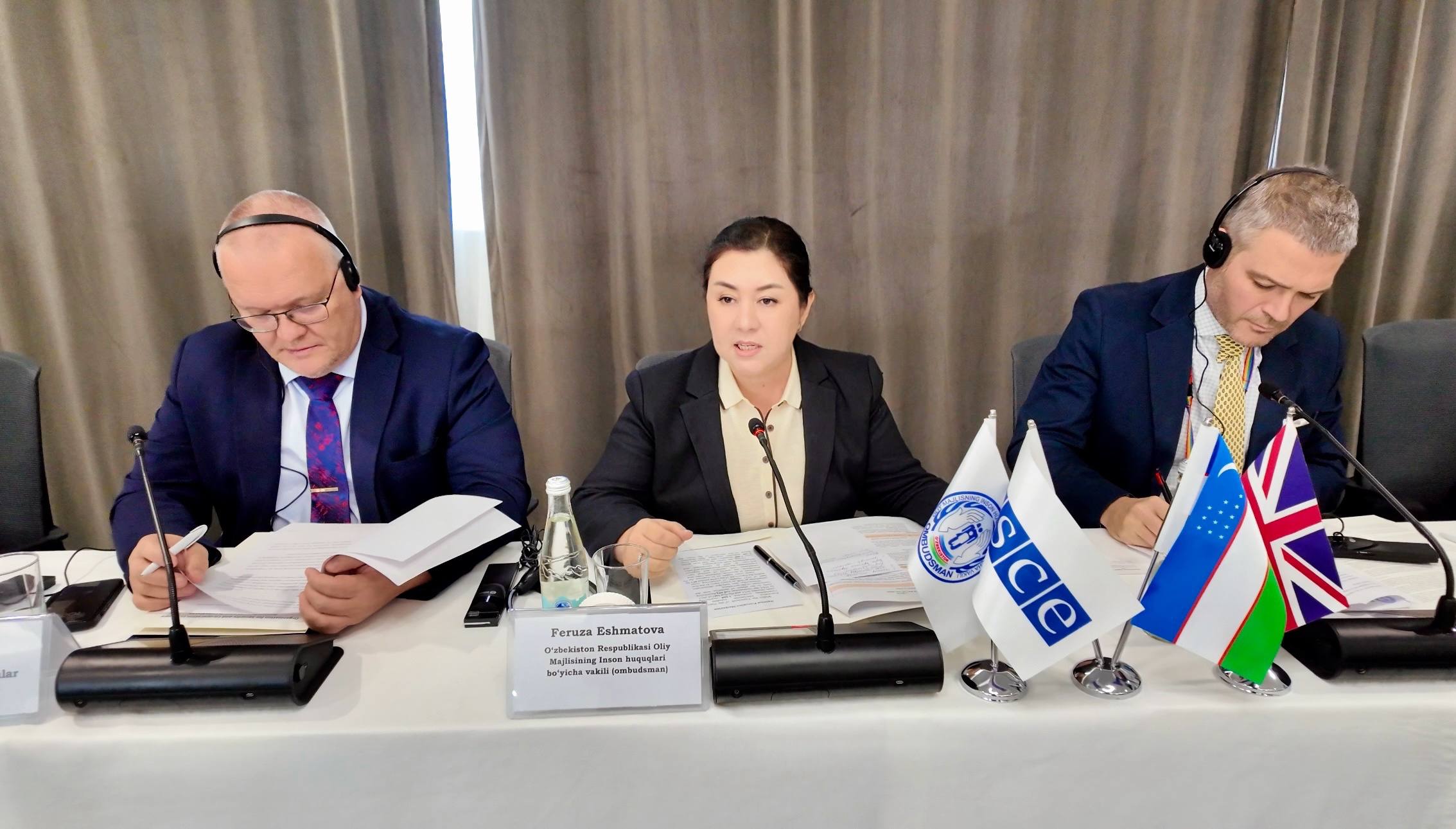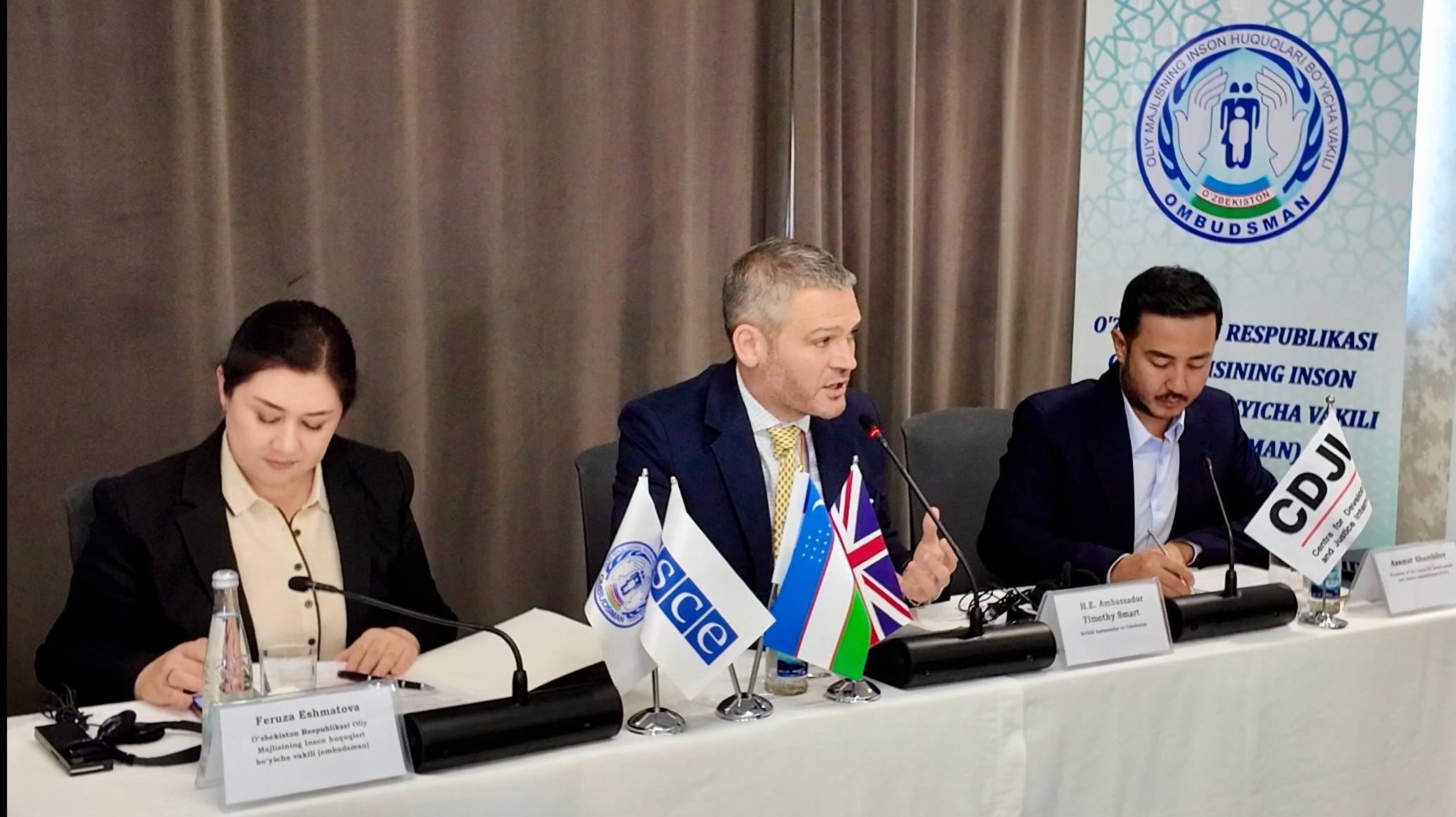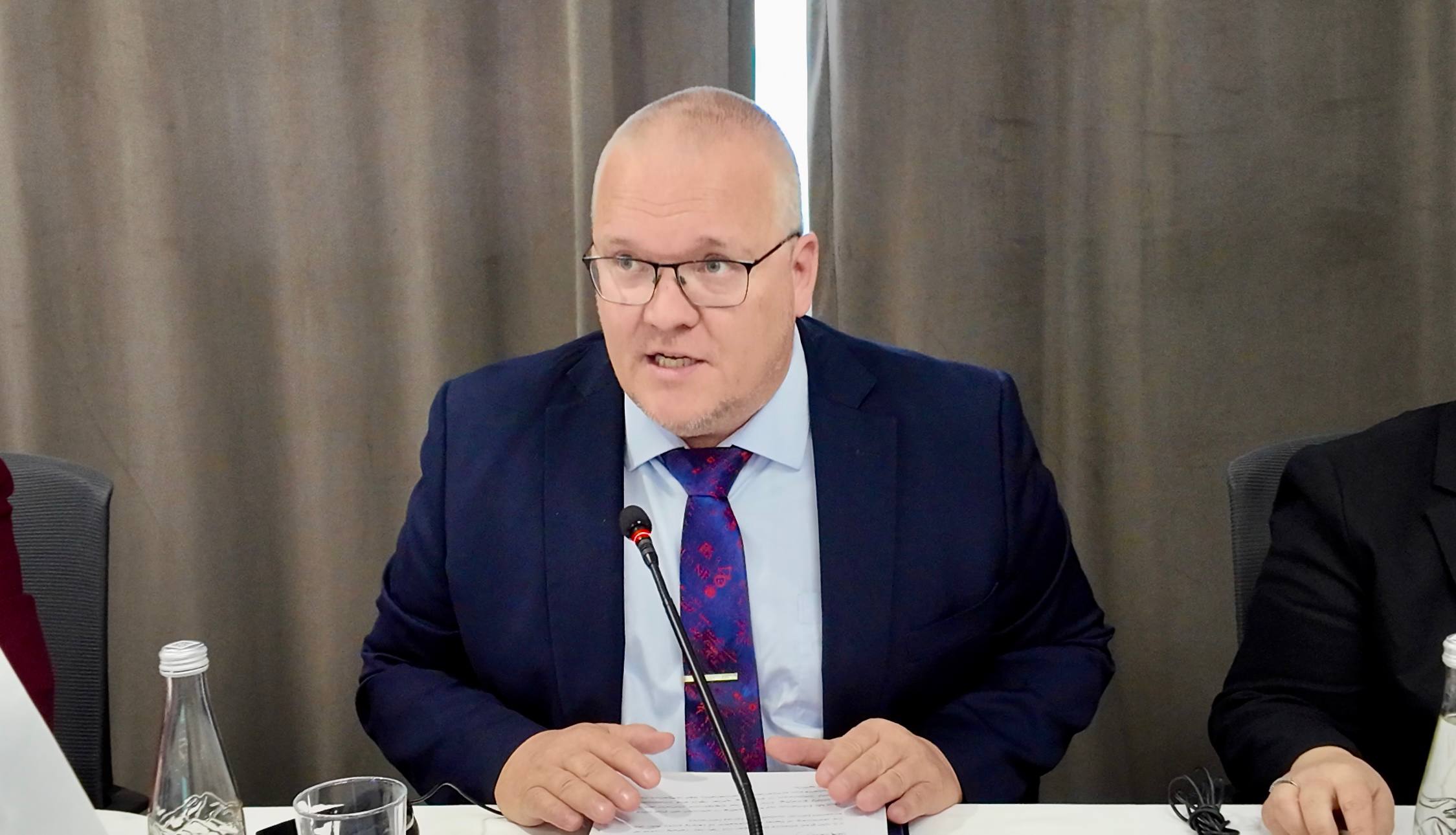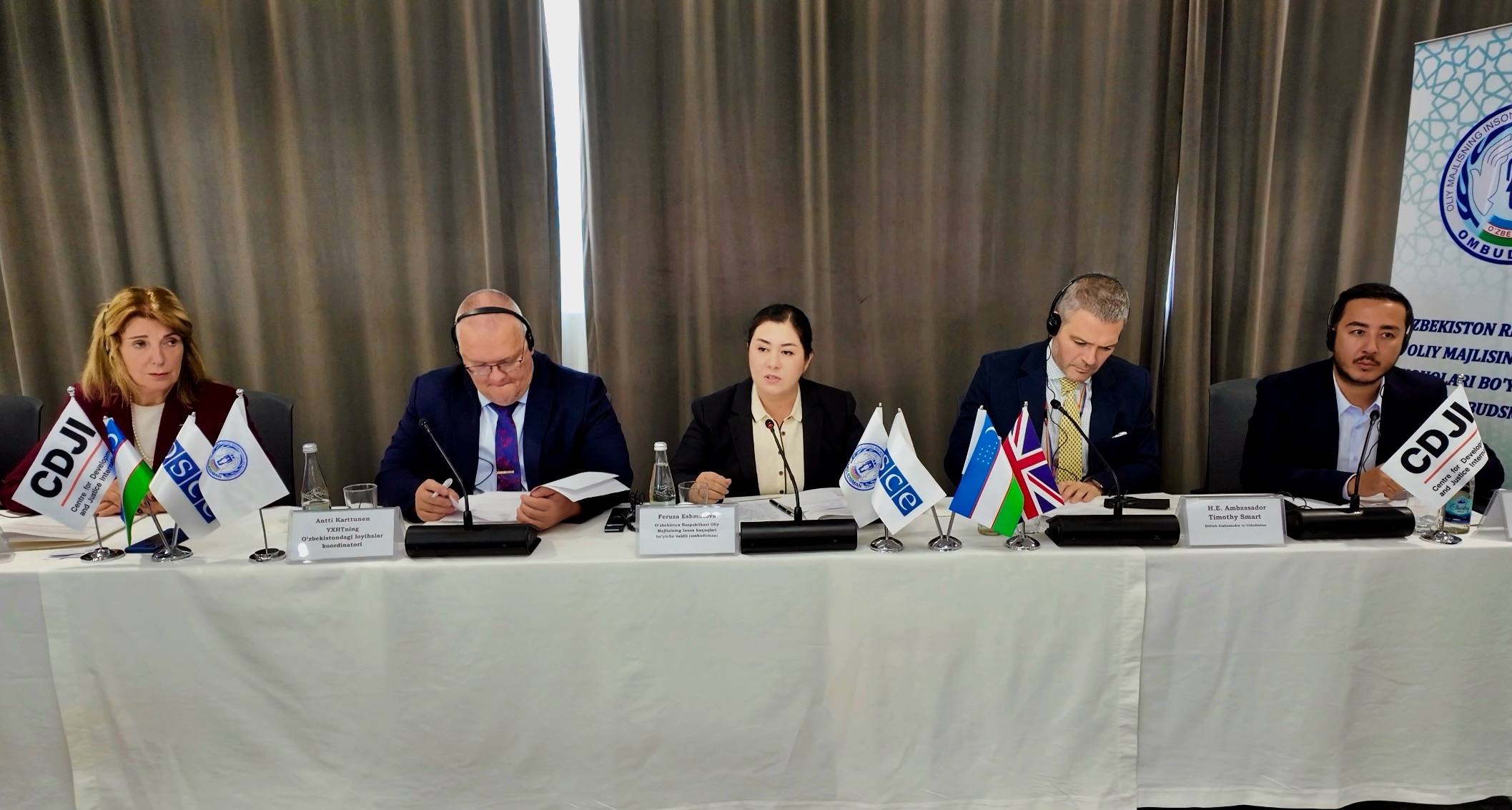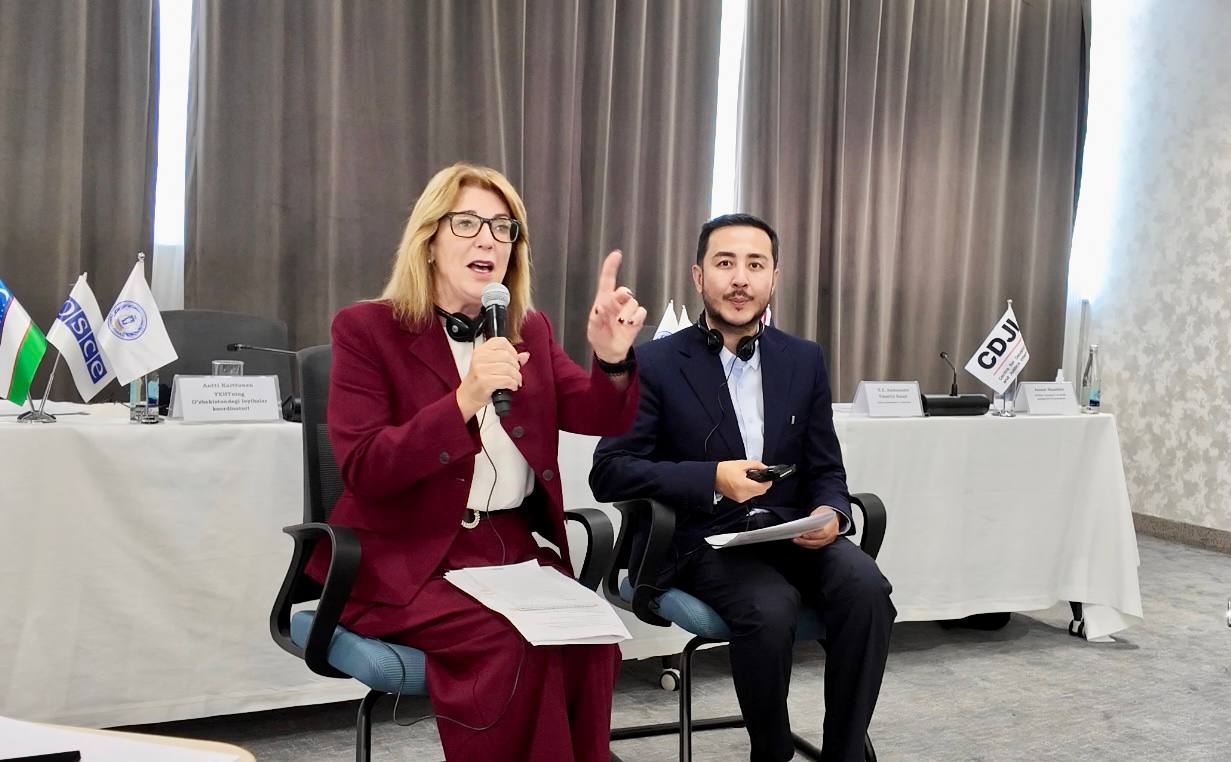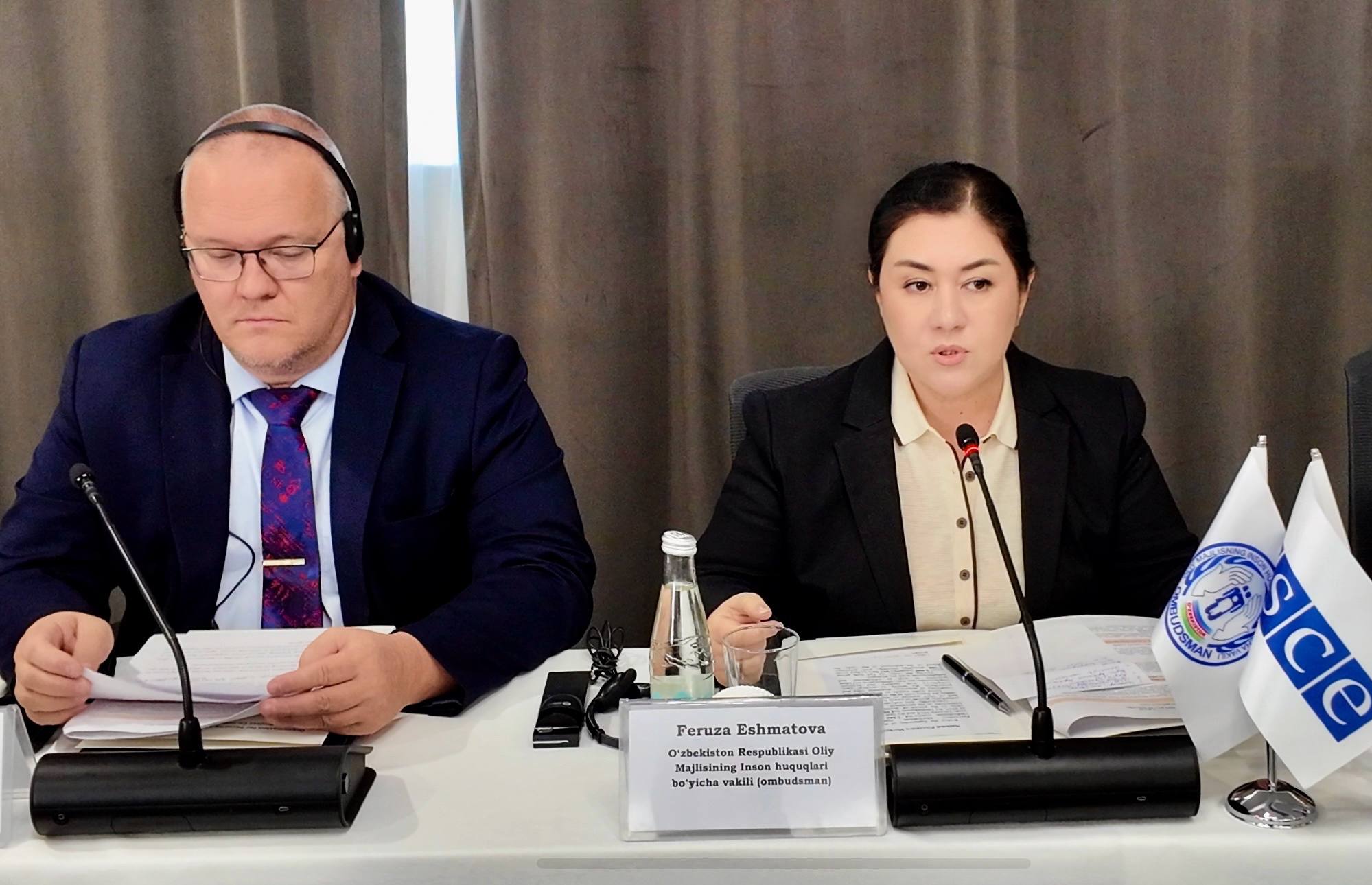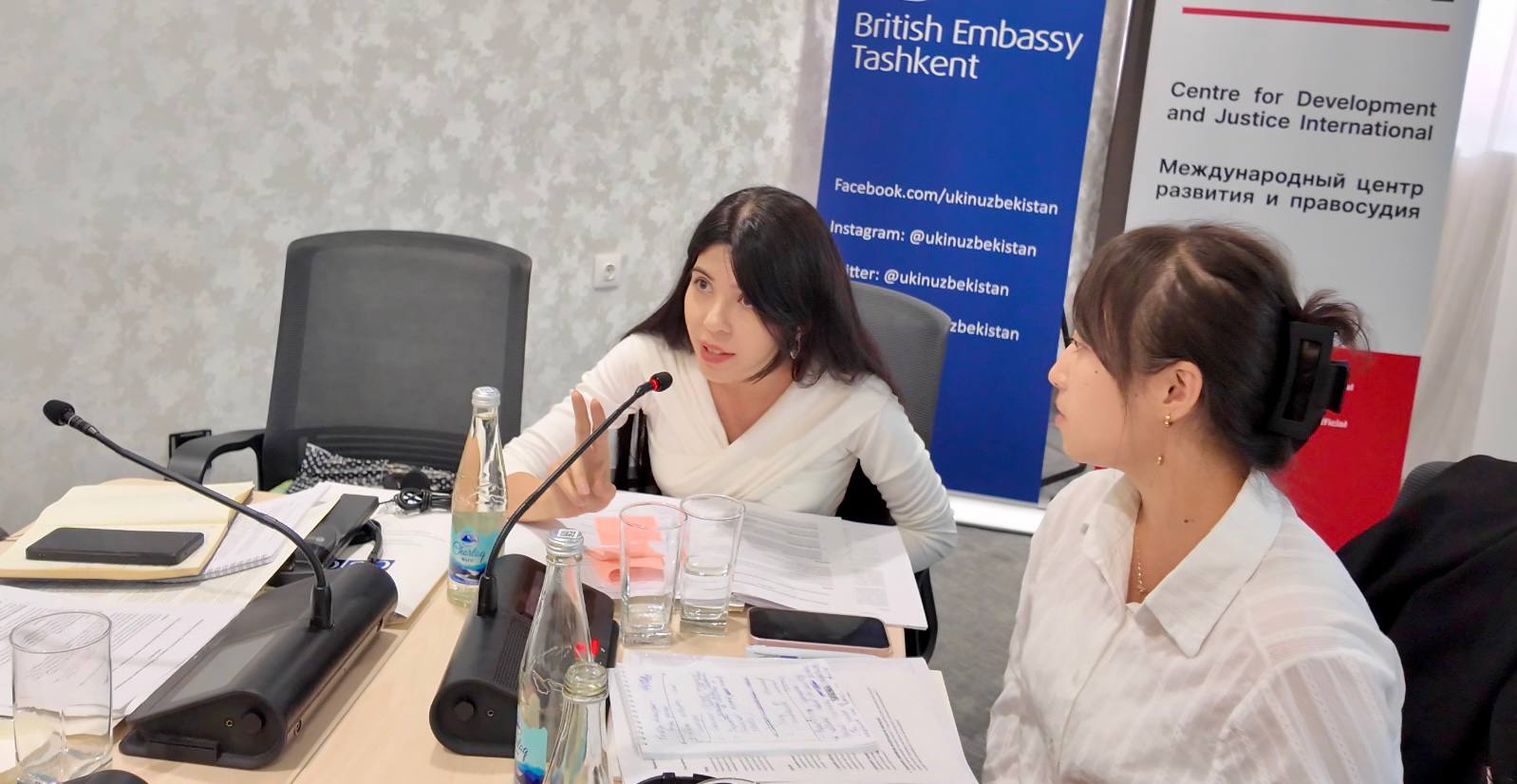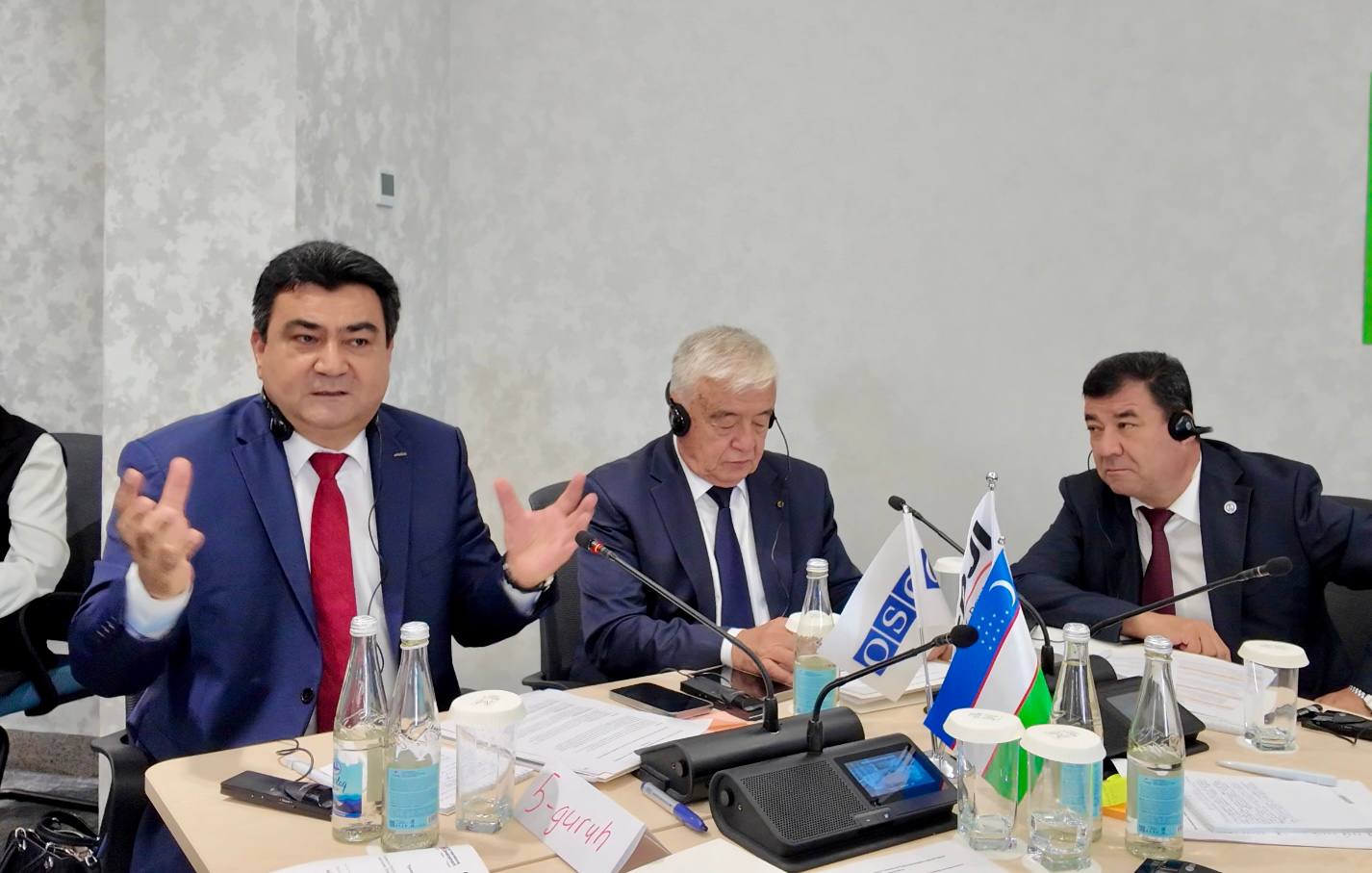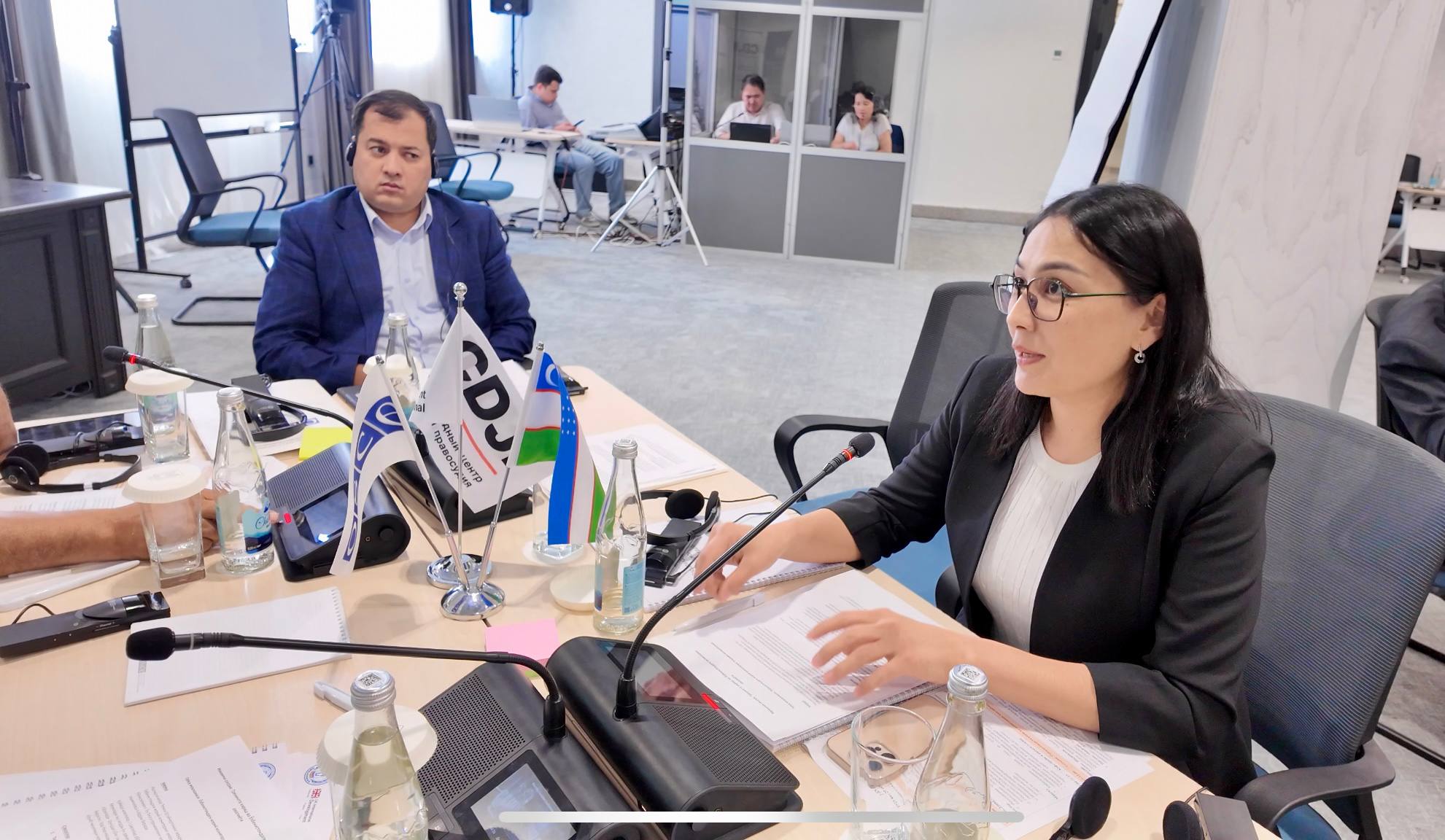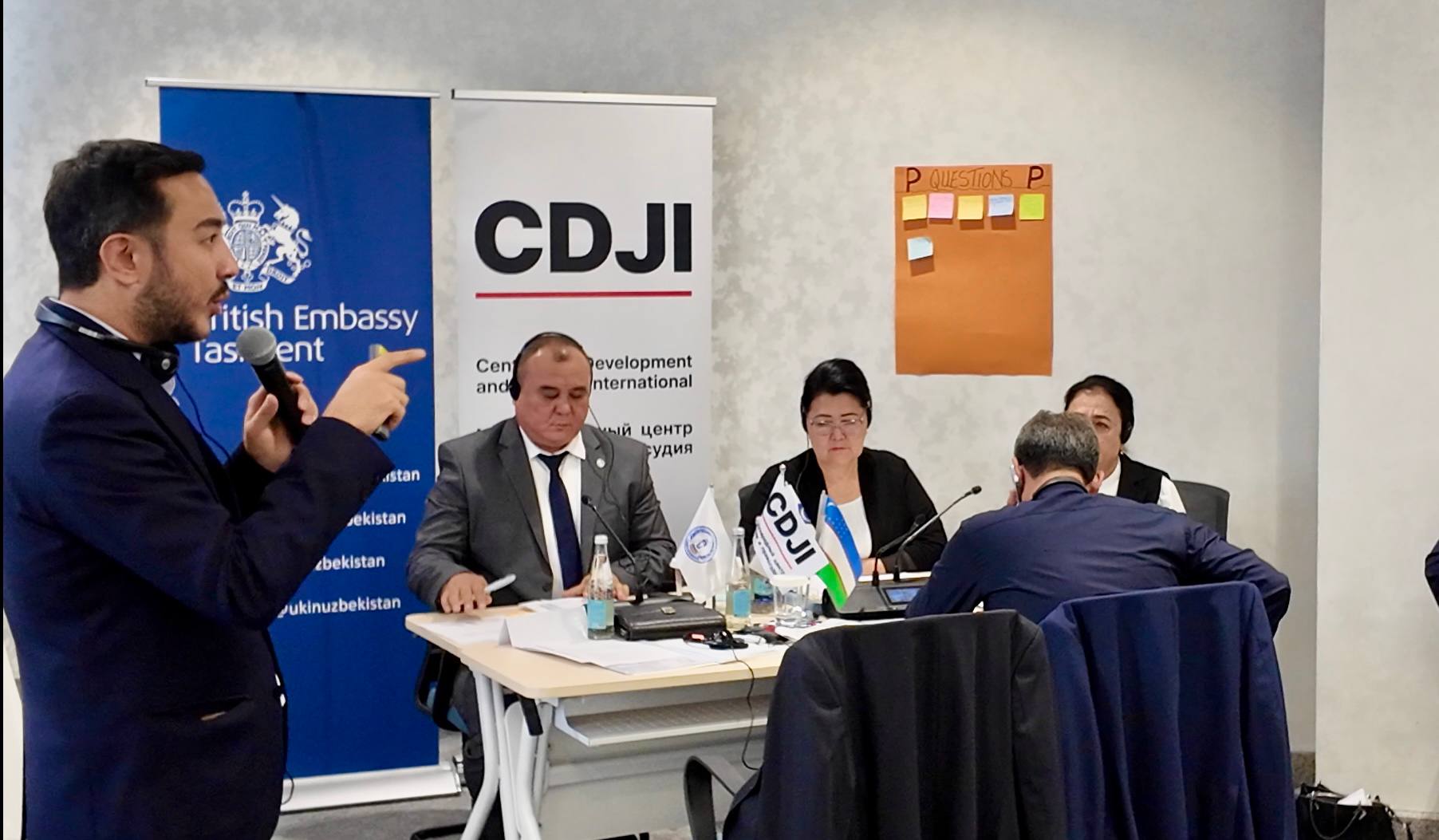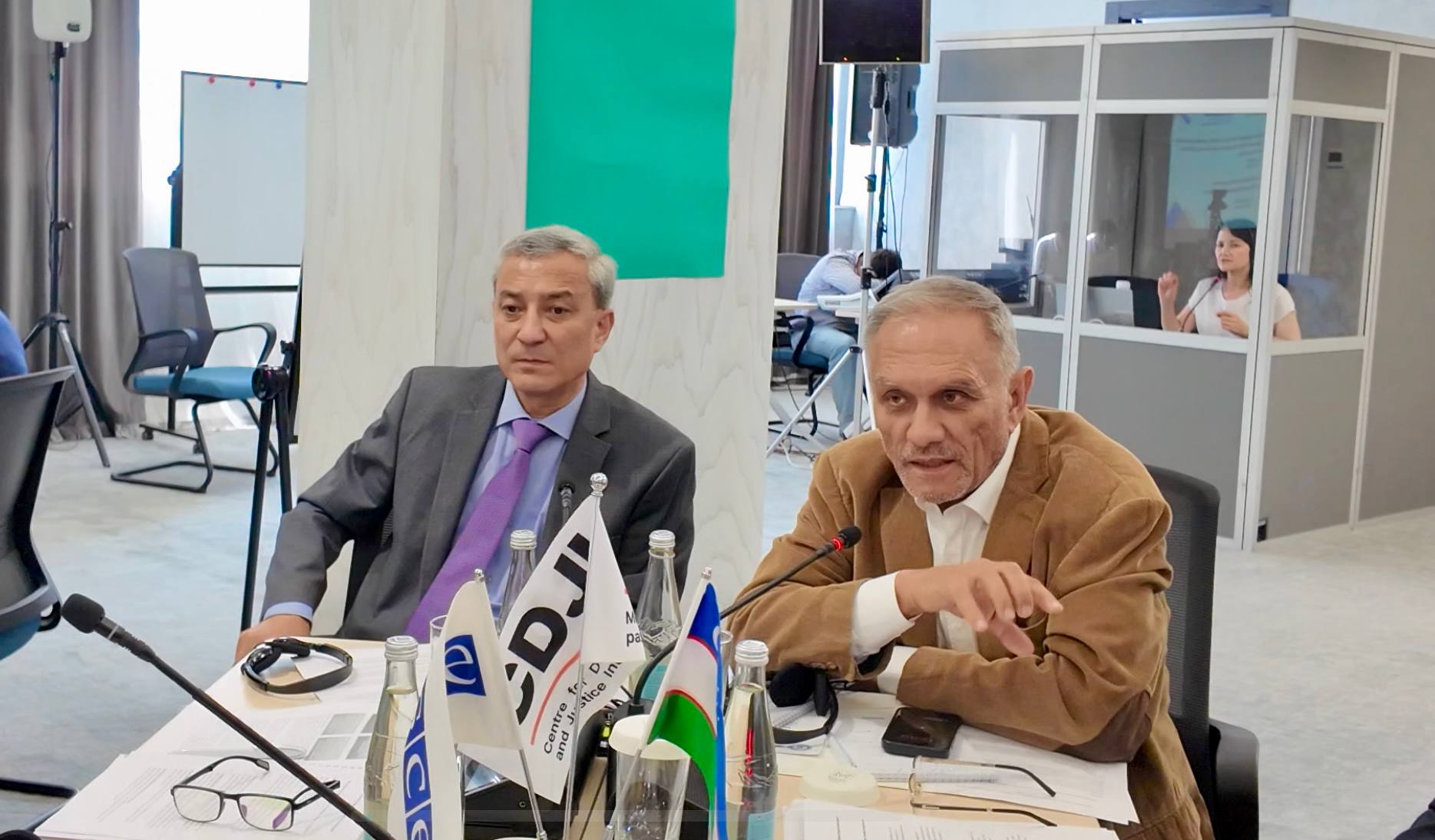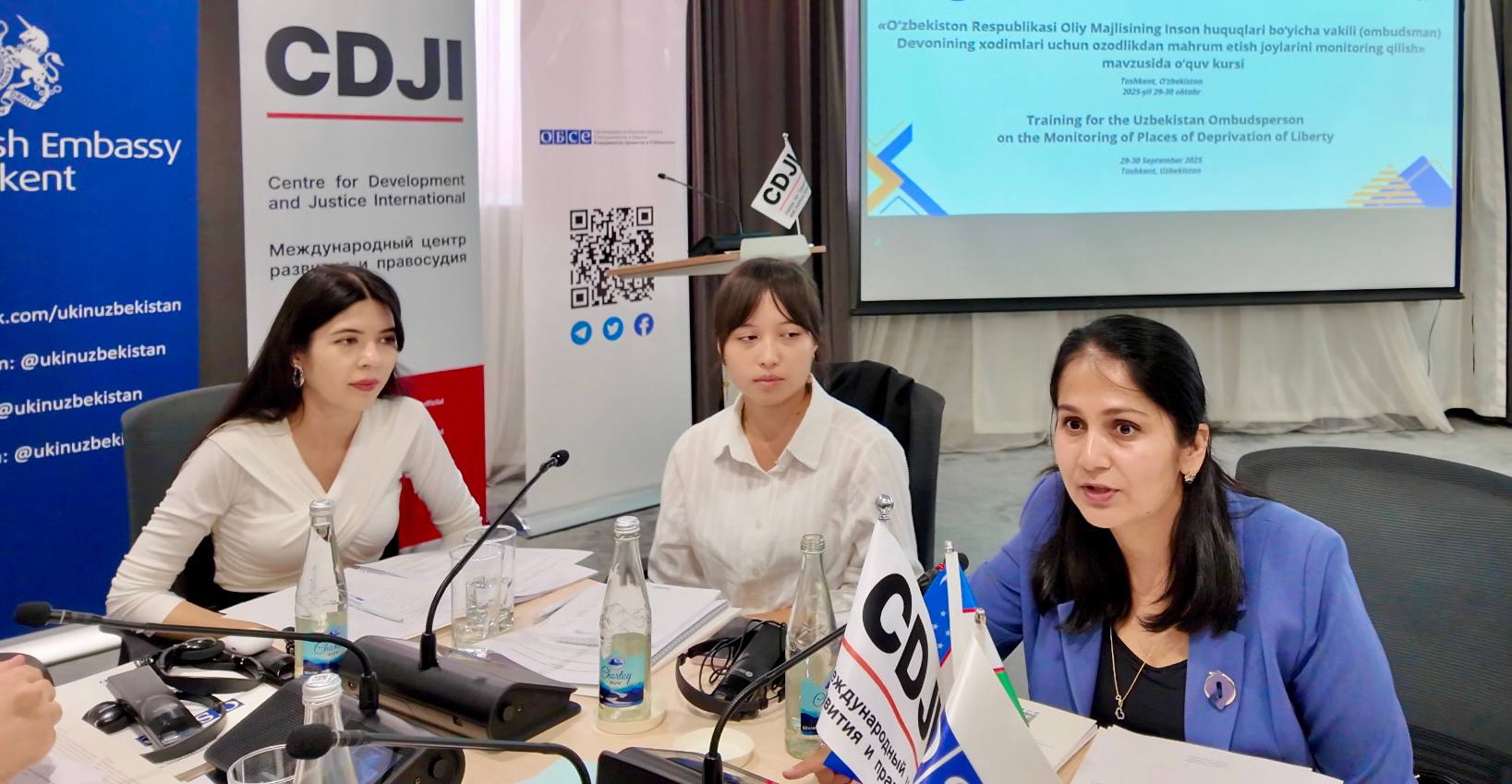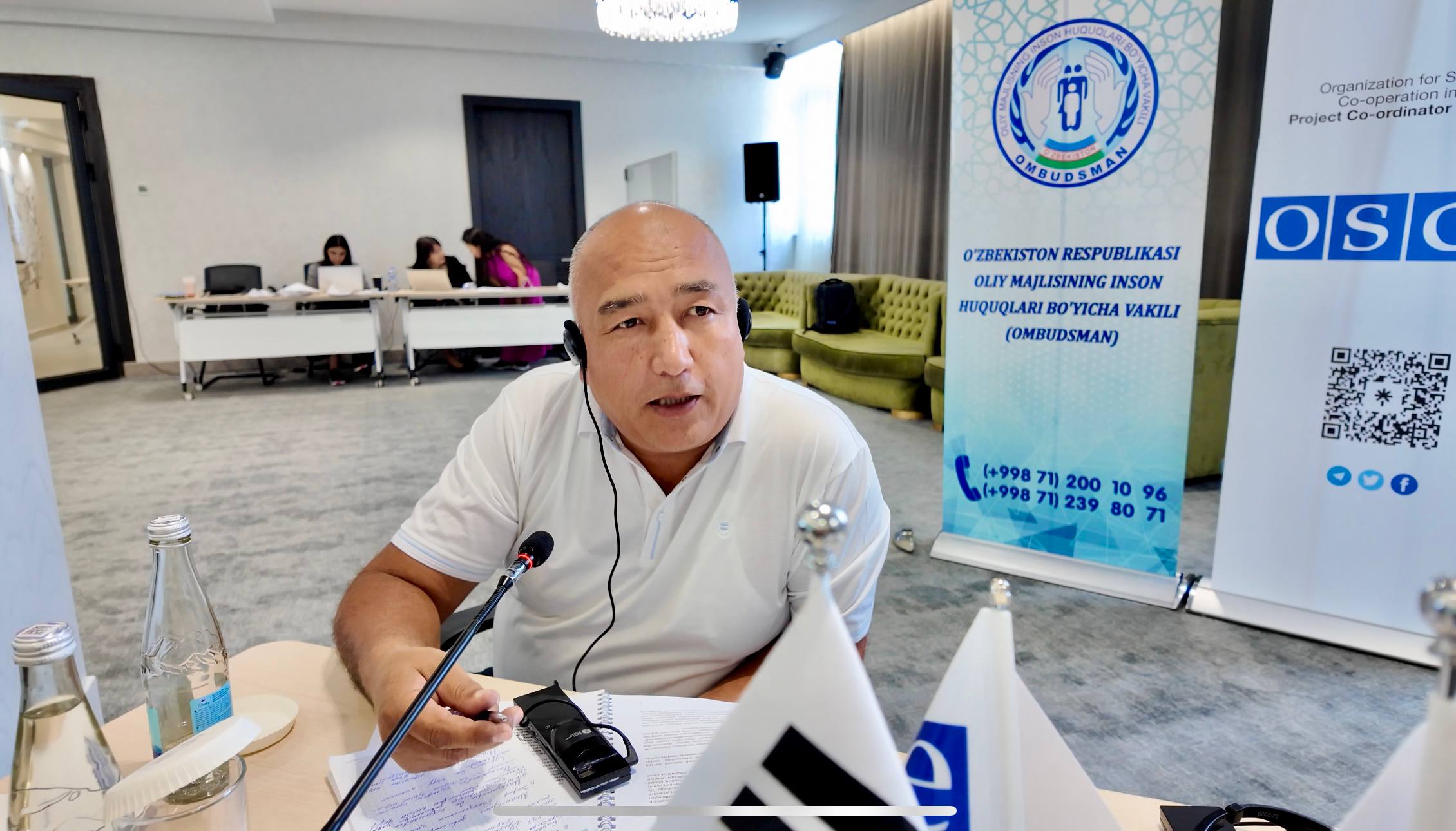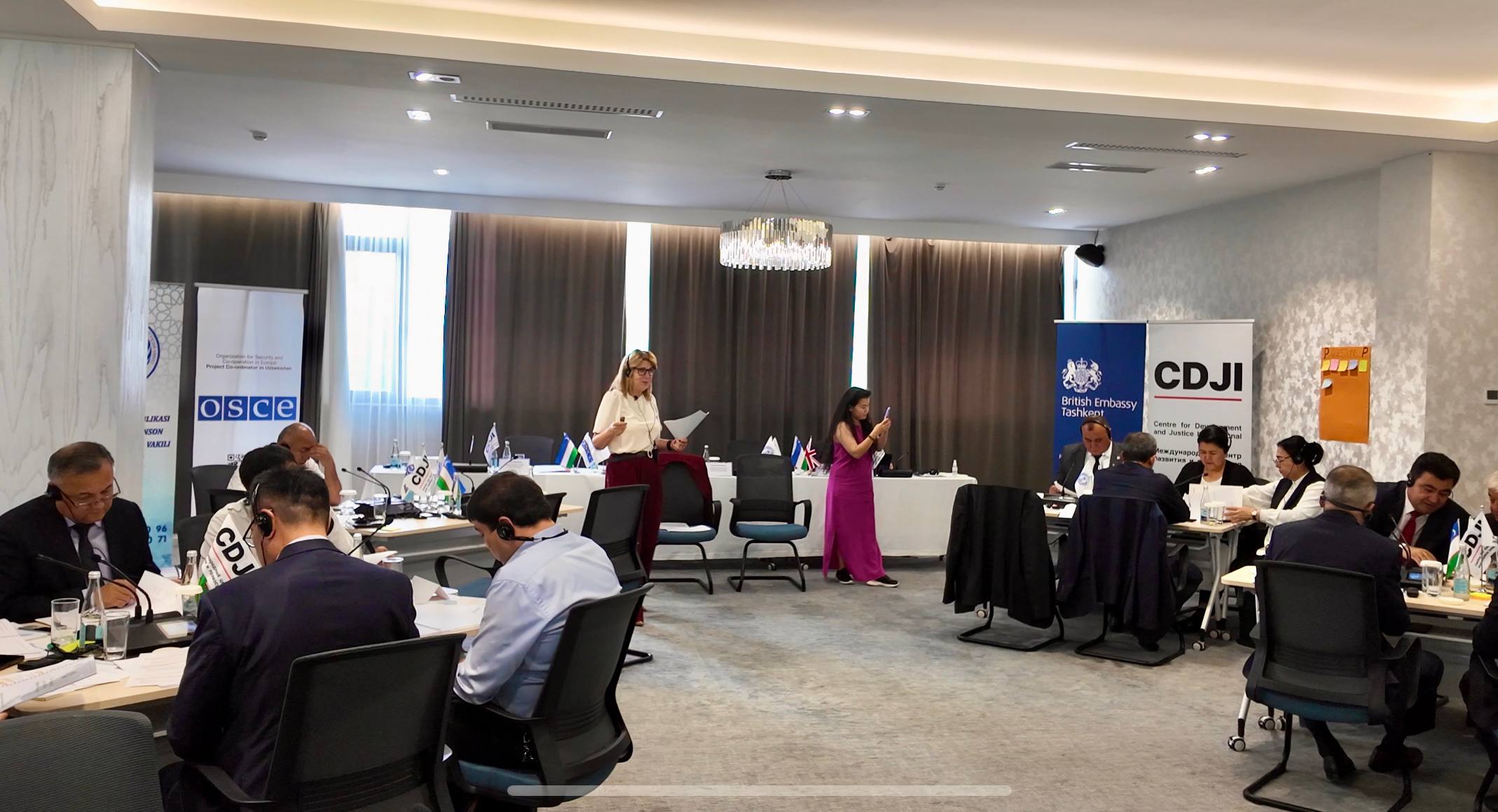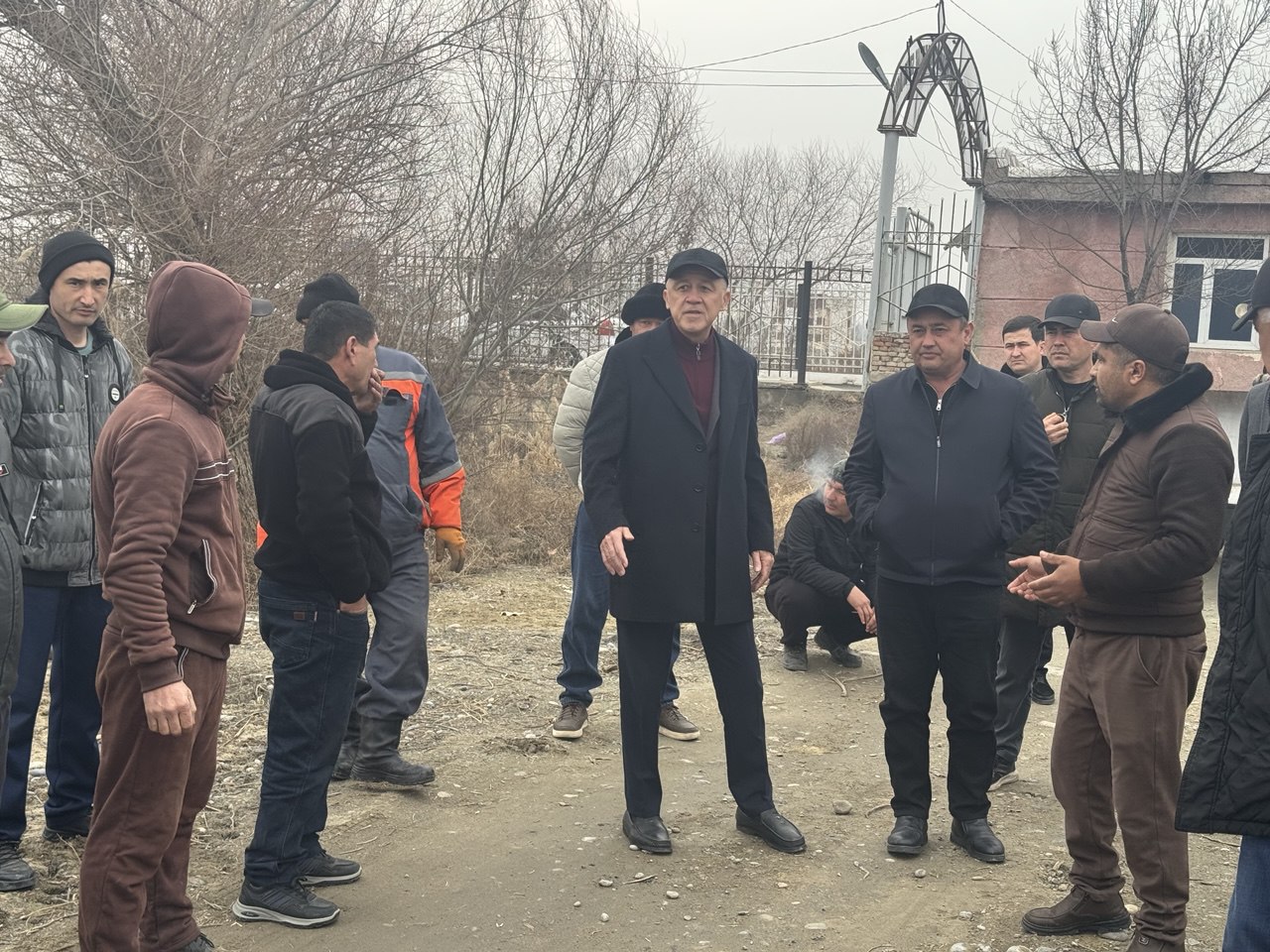The event brought together staff of the Ombudsman’s Secretariat, representatives of non-governmental non-profit organizations, and civil society institutions.
The main objective of the training was to deepen understanding of the role and functions of monitoring visits in preventing torture and detecting violations, as well as to study international practices for planning and conducting such visits.
The seminar featured expert contributions from Ms. Elina Steinerte, Vice-Chair of the UN Subcommittee on Prevention of Torture (SPT) and Chairperson of the CDJI Board; Mr. Azamat Shambilov, President of CDJI and international expert on criminal justice and human rights; and Ms. Pauline McCabe, Vice-Chair of the CDJI Board, Professor at Ulster University, and former Prisoner Ombudsman for Northern Ireland.
In his address, His Excellency Timothy Smart, the British Ambassador to Uzbekistan, emphasized that the work carried out in Uzbekistan to prevent torture and to implement international standards in this field deserves high recognition. He further noted the country’s progress in improving anti-torture legislation, expanding the practice of monitoring visits, and strengthening the protection of citizens’ rights.
The Ambassador also highlighted that during his visit to correctional institutions in Tashkent he was deeply impressed by the conditions created for convicts and detainees and by the functioning monitoring mechanisms. According to him, the ongoing reforms not only demonstrate Uzbekistan’s commitment to human rights but also lay a solid foundation for future development in this sphere. He stressed that the main purpose of monitoring is not to identify perpetrators, but to build trust, ensure transparency, and promote accountability. Such practices, he noted, are crucial for reinforcing trust between society and institutions, as well as for consolidating the principles of justice.
Ms. Elina Steinerte emphasized that the risk of torture or other forms of ill-treatment may arise in any country, underlining that methodologies have been developed to safeguard the rights of persons held in penitentiary institutions in order to prevent such cases.
Over the course of the two-day seminar, which was rich in interactive exercises, participants familiarized themselves with effective methods of planning and carrying out monitoring visits, collecting and analyzing evidence, and conducting interviews with facility administrations and detainees. They also gained skills in preparing reports in line with international standards, developing practical recommendations, and ensuring their implementation.
During the seminar, a methodology was developed for use during monitoring visits to closed institutions where persons with restricted freedom of movement are held.
At the end of the event, participants were awarded certificates for their active participation in the training.
Press Service of the Commissioner of the Oliy Majlis of the Republic of Uzbekistan for Human Rights (Ombudsman)













